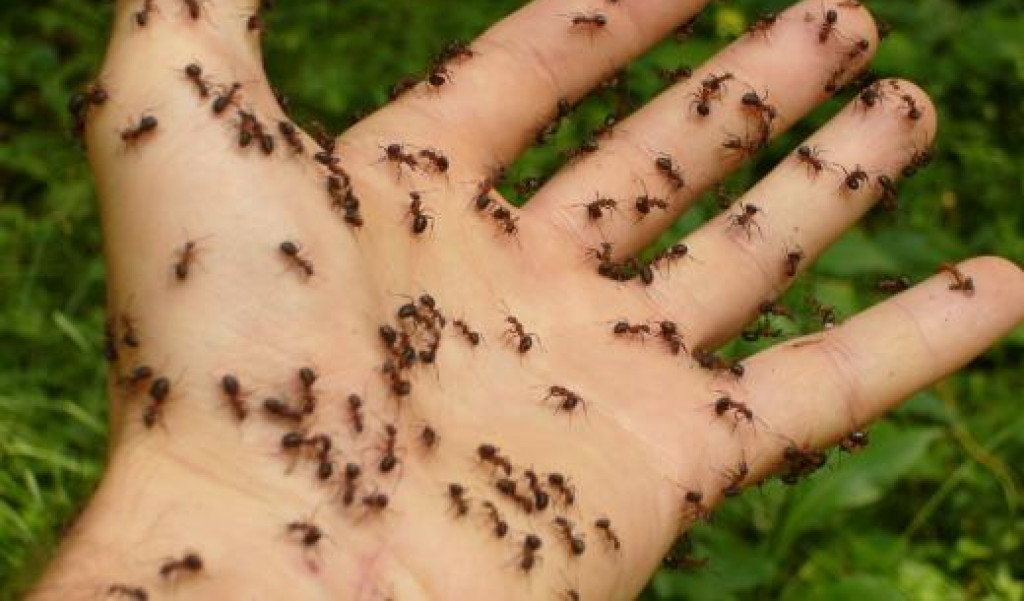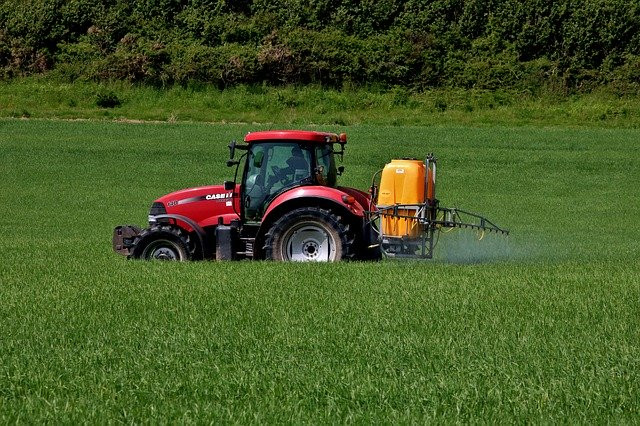Enjoy being outdoors without those pesky pests!

Whether it’s your front yard, backyard, flower beds, or vegetable gardens—there are ways to stop the pests while you Take Care of Texas! In this blog post, we will focus on pesticides and common insect pests in Texas.
Not all insects are pests, so do your research before using pesticides in your yard. Below are the top 10 common Texas yard pests you should watch out for. You can find more information about these pests in our online Guide to Yard Care (GI-465) PDF:
Pesticides can be effective at wiping out pests, but rarely provide long-term solutions. Pesticides may create additional problems by wiping out beneficial plants and animals along with the pests. If you feel that you must use a pesticide, make choices that have less potential impact on your environment:
In most cases, it is acceptable for households to dispose of leftover or unwanted pesticides in the trash. However, there may be other disposal options. Consider taking these kinds of items to a household hazardous waste facility for disposal. Visit our Household Hazardous Waste page to find a location near you.
In addition to wreaking havoc on beneficial insects, plants, and animals, pesticides can also have a negative impact on our water system and your wallet. Excessive watering or a rainstorm can wash away the chemical excess, wasting your money and endangering nearby waterways. Runoff from fertilizers and pesticides have caused environmental issues such as algae bloom in natural waterways, which affect entire ecosystems.
you want to be proactive in your yard and reduce the need for pesticides, here are some tips to prevent pests before they become a problem:

Agricultural chemical products are used in Texas and throughout the United States to control pests and increase crop yields. The Texas Department of Agriculture is the state’s lead agency in the regulation of pesticide use and application of agricultural chemical products. TDA is responsible for licensing and training pesticide applicators, overseeing worker protection, registering pesticides for sale in the state, and minimizing unnecessary impacts to agriculture.
Proper use and management practices can help keep you and others safe. Correctly using these products and safely recycling, reconditioning, or disposing of the empty containers is a must for all agricultural users. The Texas AgriLife Extension Service offers a wide range of pesticide safety education resources to the agricultural community.
Again, we encourage you to do your research and take proactive steps before using pesticides. Here are some additional resources on pesticides so you can make informed decisions:
TexasEnviroHelp – resources specifically tailored to help small businesses and local governments comply with environmental regulations